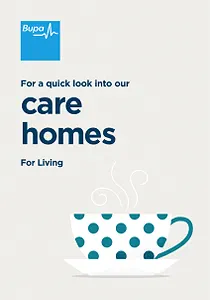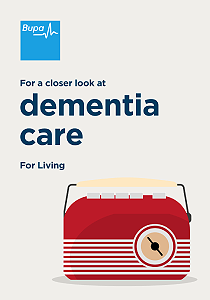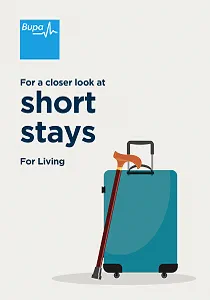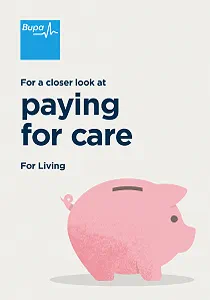Care home costs
Find out everything you need to know about care home fees and the different funding options that might be available to you.
Understanding the costs of a care home
The cost of care depends on your personal circumstances and the type of care you need. What you pay all comes down to the value of the savings and assets you have.
If you have savings with a value higher than the maximum allowed (the threshold), this usually means that you re classed as a self-funder and will be responsible for paying the full care home costs. If you own your house, its value normally counts as part of your savings.
If your savings fall beneath the threshold, you may be eligible for financial support from your local council. This could cover the full cost of care, or part of it - then someone else could contribute the rest for you, if necessary.
The savings threshold applies to the person that needs care.
UK care home savings threshold
|
Regions |
England |
Scotland |
Wales |
Northern Ireland |
|||||||||||||||
|---|---|---|---|---|---|---|---|---|---|---|---|---|---|---|---|---|---|---|---|
|
Threshold amount |
£23,250 |
£32,750 |
£50,000 |
£23,250 |
|
Regions |
England |
Scotland |
Wales |
Northern Ireland |
|---|---|---|---|---|
|
Threshold amount |
£23,250 |
£32,750 |
£50,000 |
£23,250 |
These figures are correct as of January 2025. Bupa does not have any care homes in Scotland and Northern Ireland.

We're here to help you
Our customer care team offers free advice to help you understand your options.
For clear and open pricing on our care homes, call:
0333 242 9123^Pricing and fees
Get a better idea of what determines the price of care and what’s included in the weekly fees.
How much do care homes cost?
Fees for care range from £925 to £2,828 a week*, but the exact cost will depend on their specific care needs, type of room and the location of the home.
The biggest factor on cost is clinical need. For example, the costs of and respite nursing care, dementia care and palliative care care are higher so that we can meet specialist requirements.
For an accurate price, it's best to speak to a member of our customer care team by calling 0333 242 9123.^
*Average fees correct as of March 2025
What’s included in our care home fees?
Care home fees cover:
24/7 dementia, residential and nursing care
Personal and medical care
A variety of daily activities
Freshly prepared homemade meals
A choice of comfy bedrooms
Beautifully kept home and gardens
Daily housekeeping and laundry
Paying for care
The way you pay for care depends on whether the value of your savings is above or below the threshold for your country.
How do you pay for a care home?
Once you've found out whether your savings are above or below the savings threshold, you'll know whether you're responsible for paying for your care. If you're unsure, we'll help you find out.
If you're paying for your own care, you may wish to fund it through selling your home, renting it out or releasing equity. A financial adviser can help you to explore possible care payment plans and find the one that suits you.
Is funding available?
If the value of your savings is below the threshold, you may be eligible for funding from your local council.
They will carry out a financial assessment and tell you how much you're entitled to, and if you still need to contribute anything towards the total cost.
We explain how funding works and how you can apply on our funding page.
What’s next?
Get more information, speak to us or visit us in person.
Call a customer care adviser
Our helpful care team offers free advice on anything from funding to finding the right home. Call us on:
0343 249 6293^
Arrange a visit
Have a look around one of our care homes to see if it’s right for you. To plan a visit, call us on:
0808 301 5403^
^ Lines are open 8am to 6.30pm Monday to Friday, 9am to 12.30pm Saturday. Closed Sundays and bank holidays. Calls are charged at no more than local rate and count towards any inclusive minutes from mobiles. We may record or monitor our calls.






